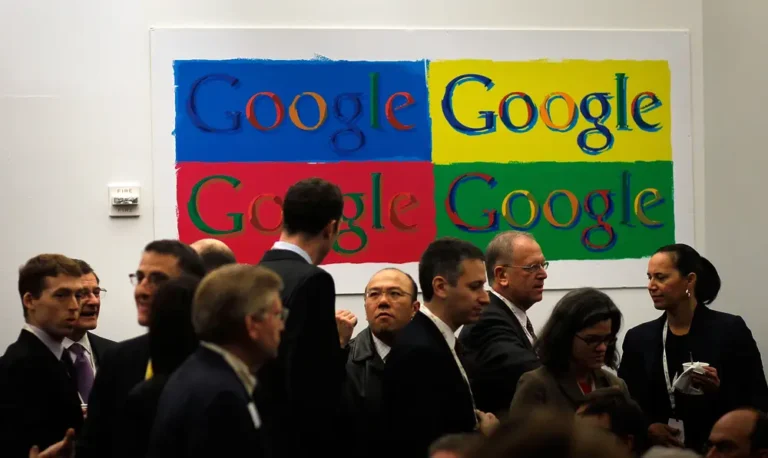Some workers are warming up to AI and think it will help their career

Half of workers in a survey from KPMG reported automation was helping them on the job.
Some US workers appear to be warming up to artificial intelligence.
In a KPMG US survey, half of respondents said automation — including AI — has boosted their professional abilities. Just shy of half said that automation would bring new career opportunities.
By comparison, 28% of workers said they might lose their jobs to automation, which has been widely touted as a concern. In a survey of managers last year, KPMG found greater unease about the possible toll of technological gains.
The latest findings are notable because they appear to indicate that workers are becoming more conversant with tech like AI — and not just ignoring it or fearing that it will replace them, John Doel, a principal in the KPMG US human capital advisory practice, told B-17.
“As adoption increases, people are getting more comfortable with the impact that’s going to have on their careers,” he said.
About seven in 10 surveyed said they use “automation tools” at least weekly, and one in three said they use them daily.
Doel said the rates at which workers are adopting the technology suggest that many are chipping away at a “fear factor” that might have existed around AI.
KPMG US surveyed more than 1,800 US workers at companies with more than 5,000 employees. About six in 10 of the respondents were managers.
Building skills to build their career
Some eight in 10 respondents agreed with the idea that building skills is important for their career. And about one in four workers said chances to learn are one reason they’re staying in their jobs. Meanwhile, 22% said having the opportunity to learn and build their skills made them consider different roles.
Doel said that should be a sign to employers that investing in workers is a way to keep them. In the past year, he said many workers, particularly younger ones, have considered leaving their jobs. The employers that are helping their workers add skills are more likely to hang onto them.
“It’s the No. 1 thing they could do” to retain workers, Doel said.
Even with training, however, limiting quitting could be a challenge for some employers years after the job-hopping frenzy of the Great Resignation. In the survey, 42% of employees said they’d considered leaving their roles in the past year. Millennials, who represent the biggest slice of the nation’s workforce, were the most likely age group to say they’d considered it.
The main reasons workers thought about it weren’t new: About one-third pointed to work-life balance, while a similar share identified insufficient pay. Another third said “feeling disrespected” at work animated their thoughts of resigning.
Doel said it’s also not surprising that the survey highlighted a gap between what workers want and what employers want regarding where work gets done.
Five years since the pandemic rejiggered how many workers do their jobs, flexibility around where they work remains key for many employees. Seven in 10 survey respondents said remote work helped them balance the demands of their jobs with caretaking responsibilities.
Even as some high-profile employers — including Amazon, JPMorgan, and Goldman Sachs — have called workers back to the office, workers in the survey indicated they liked some degree of autonomy even though they see the office having benefits.
Forty-seven percent of survey respondents reported being more productive in the office, while 62% said the social aspects of working in the office helped foster a stronger corporate culture and their own sense of belonging.
Ultimately, Doel said, it appears that many employers and their employees have settled into a truce on the issue.
“That’s not the top priority of organizations anymore,” he said, referring to return-to-office mandates. “We’ve kind of reached a homeostasis.”
Using AI for work-life balance
In some cases, Doel said, workers appear to be eyeing tech like generative AI as an avenue for achieving better work-life balance.
“They’re looking at GenAI as one of the enablers of a more flexible work environment,” Doel said. Workers who use tools like it to get their work done more efficiently might feel they could have a greater say in how they structure their jobs, he said.
Employees also see other areas where they could enjoy more flexibility. Two-thirds of respondents said they believed that a four-day workweek of 32 hours could achieve the same level of productivity as a 40-hour week. And 45% said efficiency gains from GenAI could help make a four-day week more feasible.
“They think it’s going to allow them to be more flexible in their work-model contract with employers,” Doel said, referring to workers’ views on GenAI.






